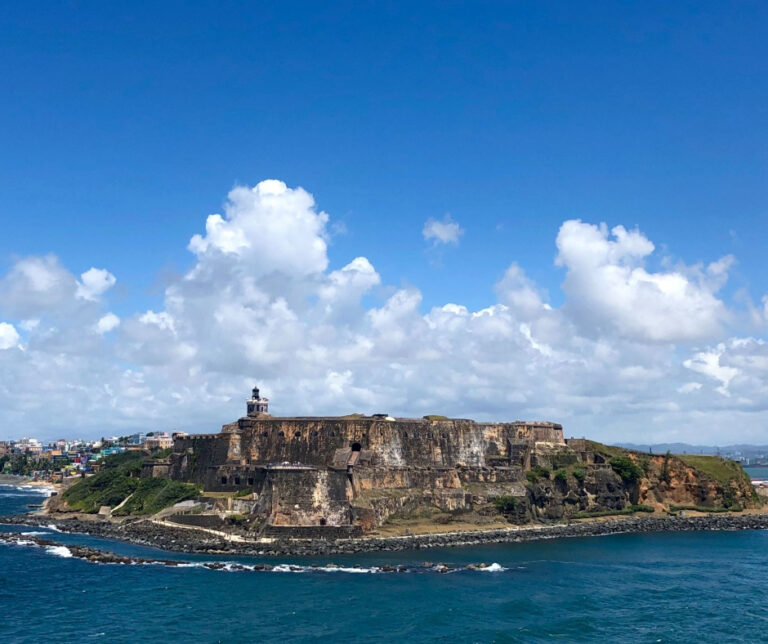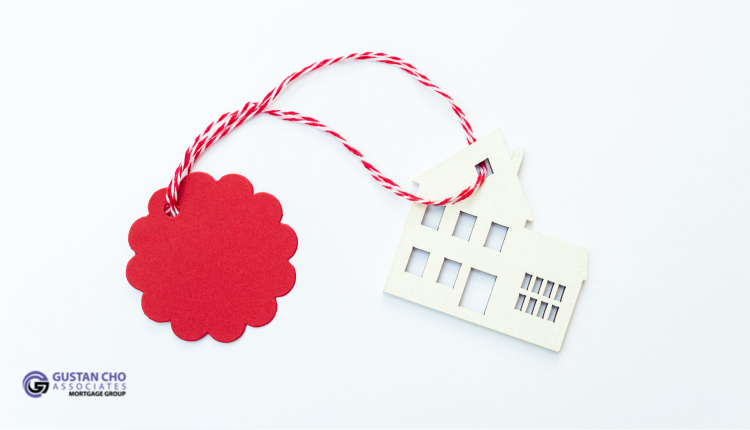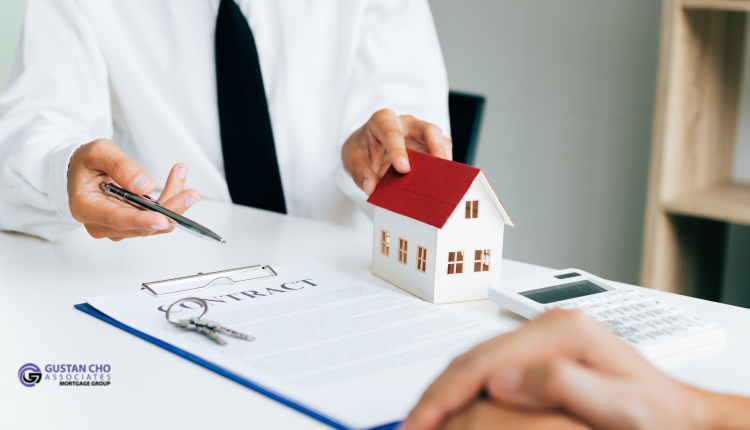Reverse Mortgage Guidelines For Senior Homeowners
In this blog, we will discuss reverse mortgage guidelines for senior homeowners. Another name for reverse mortgage is a Home Equity Conversion Mortgage or HECM. HECMs are for senior homeowners who are 62 years old and older. Borrowers can get cash out and not make another principal payment for the term of the loan. Homeowners need to have substantial equity in their home to be eligible for home equity conversion mortgage. HECM benefits senior homeowners on a fixed income or those who need to take cash out using the equity in their home.
Senior homeowners older than 62 years old with equity in their homes are eligible for HECM. You do need equity in your home to qualify. The older you are, the higher the loan-to-value.
Borrowers do not need good credit or income to qualify for HECM. However, mortgage applicants do need equity. The amount of equity depends on how old they are. The older the borrower, the less equity you need. In this article, we will cover and discuss the benefits of HECM.. Another name for a reverse mortgage is a Home Equity Conversion Mortgage or HECM.
HUD Guidelines on Home Equity Conversion Mortgage
Home Equity Conversion Mortgage is a mortgage loan program where the lender will do a refinance on the current home. Borrowers no longer have to pay the monthly mortgage payments.
Homeowners are no longer responsible for paying principal and interest but are available to pay property tax and homeowners insurance. Homeowners are exempt from paying the principal and interest portion of HECM for the life of the loan.
Homeowners do not have pay the principal and interest but are responsible for property tax and insurance. Therefore, you do need to have residual income to be able to pay property tax and homeowners insurance and HOA dues if applicable.
How Does HECMs Work?
Monthly mortgage payment interest gets added to mortgage loan balance every month. The balance does not get paid until the homeowner sells the home or passes away. The homeowner needs to pay for the following:
- Annual property taxes
- Homeowners insurance
- HOA dues (if any)
HECMs are only available for primary owner-occupant homes. Not available for second homes or investment homes. The borrower needs to occupy the property as their main residence. If they rent it out and live elsewhere, they are in default on HECMs.
Who Owns The House with HECMs
Reverse mortgages are for those homeowners who have equity in their homes and are at least 62 years of age. The younger the homeowner is the more equity that is required. The mortgage lender assumes that the homeowner will live longer and will have the liability for the longer life span.
With reverse mortgages, the the title of the home is under the borrower’s name therefore the borrower retains ownership to the home. The majority of reverse mortgages are Home Equity Conversion Mortgages (HECMs).
For example, if a homeowner is 62 years of age, the lender may require 40% equity in the home. Whereas if the homeowner is 72 years of age, the equity requirement might be 30%. If the homeowner is 80 years old, the equity requirement might be 25%. There is a chart on the amount of equity required where we can discuss on future articles. These figures are just for illustration purposes. We will not cover the specifics because reverse mortgages are complex deals.
Housing Counseling Required
The borrower also needs to take a housing course. Once receiving a completion certificate they can move forward with reverse mortgages. The homeowner can take cash out from reverse mortgages or get monthly cash or a line of credit.
Depending on the amount of equity the borrower has in their home, they can do a cash-out refinance or a line of credit as well as pay the outstanding current mortgage loan balance with reverse mortgages. If the homeowner does not have sufficient equity in their home, the homeowner can just do a no cash-out reverse mortgages.
If the homeowner does not have enough equity for a cash out refinance or a line of credit, they might be able to qualify just for reverse mortgages where they no longer have to pay any more mortgage payments
how Reverse Mortgages Benefit Senior Homeowners
Reverse mortgages are a great mortgage loan product for seniors. Many seniors live on a fixed-income or tap into their savings. Senior homeowners with equity in their homes can tap into their equity and borrow against the equity in their home. The cash can be used for repairs, investments, medical expense, buy a vehicle, or take a vacation.
Senior homeowners who are retired and no longer qualify for a refinance loan due to no income or limited income may be eligible for a reverse mortgage. Homeowners who have a lot of equity can qualify for a cash-out refinance reverse mortgage.
Homeowners who have limited income often have a difficult time doing a cash-out refinance. Homeowners who can no longer afford the monthly housing payment or those who need extra cash may be able to qualify for a cash-out reverse mortgages. Homeowners who do not have enough equity for a cash-out refinance mortgage loan
Qualifying For Reverse Mortgages
FHA Bad Credit Lenders are national five-star lenders with no overlays on government and conventional loans. We are also correspondent lenders on non-QM loans and alternative financing. FHA Bad Credit Lenders has licensed personnel who are experts on reverse mortgages.
FHA Bad Credit Lenders are experts on reverse mortgages. Over 80% of our clients are borrowers who could not qualify at other mortgage company. FHA Bad Credit Lenders are mortgage brokers licensed in 48 states including Washington, DC and Puerto Rico.
Borrowers who need to qualify for reverse mortgages with a lender with no overlays can contact us at FHA Bad Credit Lenders at 800-900-8569 or text us for faster response. Or email us at gcho@gustancho.com. We are available 7 days a week, evenings, weekends, and holidays. The team at FHA Bad Credit Lenders is available seven days a week, evenings, weekends, and holidays.








